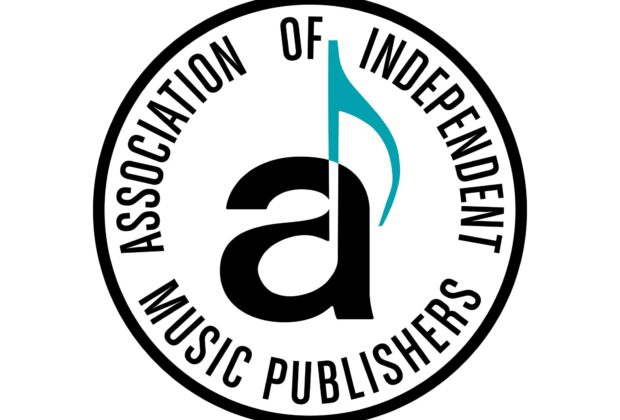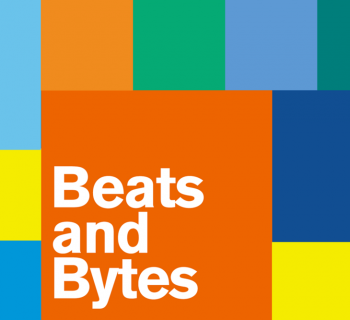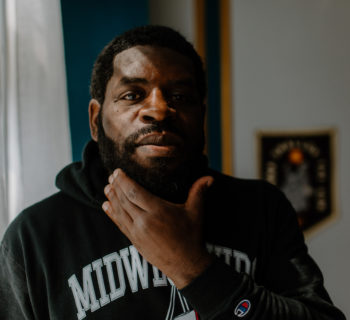The Association of Independent Music Publishers (AIMP) — including Michael Lau (National Chair and New York Chapter President), Marc Caruso (Los Angeles Chapter President), Ree Guyer (Nashville Chapter President), and Tony D. Alexander (Atlanta Chapter President) — issued the below statement on TikTok music licensing for independent publishers.
“Whether or not indie publishers are provided with the opportunity to continue with the current license model or not, there are a few issues that need to be addressed.
“One, music has been at the center of TikTok and its users since day 1 – the service’s origin was musical.ly. Music connected to any audio-visual work is used to support and tell the emotional story in the picture/video. Without it, it falls flat. Music is a visceral and cultural experience that helps us express our feelings, relive a moment in time, convey an attitude, etc. This is why TikTok users gravitate to using popular and commercial music just like the television series, films, advertisements, and video games that the users engage with. There is a difference when you use a song like “Don’t Stop Believin’,” “What a Wonderful World,” or “Cherry Pie” vs. a lesser-known piece of production library music, let alone an AI-generated song. TikTok needs to evolve their licensing model and embrace this fact and move forward appreciating the songwriters and artists as equal partners in TikTok’s success.
“Two, the revenue model where income earned by a song on TikTok is based on video creations only vs. views is flawed and has to change. When a video is created once and gets 5 million views, the songwriter and artist are paid only on the one creation instead of the 5 million views. The industry already has a revenue model that works, and that is a per-stream rate. It is not perfect with regards to the equity, but that is a different battle. The point is, songwriters and publishers deserve to be paid for the value they bring to TikTok, and any revenue model going forward needs to reflect that value.
“Indie publishers should take this opportunity to fully evaluate what is being offered and make a decision for what is best for their business, not TikTok’s.”














